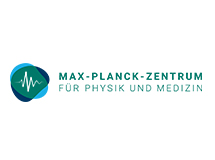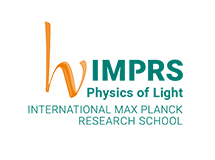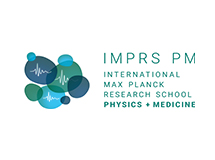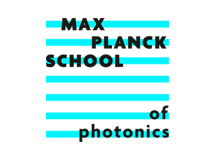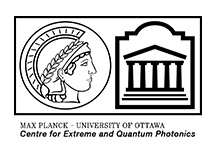Max Planck Sabbatical Award for Amir Safavi-Naeini
Amir Safavi-Naeini from Stanford University has won the Max Planck Sabbatical Award, awarding him a research stay at the Max Planck Institute for the Science of Light.
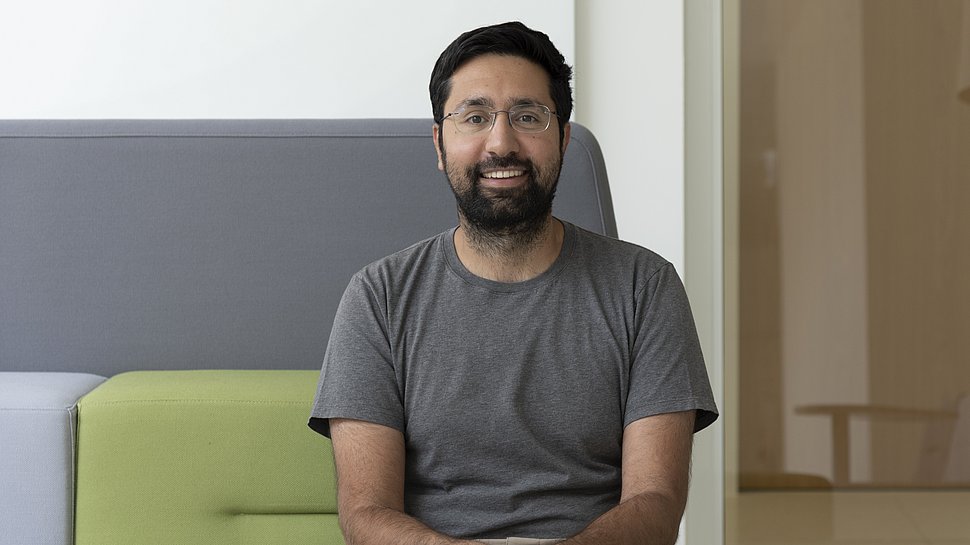
At the end of 2021, Prof. Amir Safavi-Naeini from Stanford was announced as one winner of the prestigious Max Planck Sabbatical Award 2021. During 2022 and 2023, he will be hosted during several visits by the Max Planck Institute for the Science of Light in Erlangen. The Sabbatical Award is handed out only up to twice per year within each section of the Max Planck Society, and is designed to establish in-depth collaboration between an internationally renowned scientist and the host institute. It comes with substantial prize money of 150 000 EUR to facilitate the collaboration.
This award will strengthen the ongoing excellent research at MPL in the area of quantum technologies, one of the most important technological developments for the future. MPL is one key partner in the Munich Quantum Valley, the Bavarian quantum network which recently received funding of 300 Mio Euro for research in this area.
Florian Marquardt, director at the Max Planck Institute for the Science of Light, welcomed the choice of the MPG selection committee: "Amir Safavi-Naeini has always been a pioneer, showing enormous creativity in his research, and we are happy that the Sabbatical Award now will enable him to visit our institute for extended periods of time." The first visit to Erlangen is already taking place July 25-Aug 5, 2022.
Vita
Amir Safavi-Naeini received a B.A.Sc. in Electrical Engineering at the University of Waterloo in Canada (2008) and a Ph.D. in Applied Physics at the California Institute of Technology in 2013 (in the lab of Oskar Painter). After a post-doc at ETH Zürich in the group of Andreas Wallraff, he joined the faculty at Stanford in September 2014. Amir Safavi-Naeini has been awarded the Terman (2015, 2018), Hellman (2016), Packard (2017) and Sloan research (2020) fellowships, and the DARPA Young Faculty Award (2019).
He is currently an Associate Professor of Applied Physics at Stanford University. He is known for his pioneering works in the fields of quantum cavity optomechanics, coupling light and sound on a chip, as well as for pathbreaking contributions to nano-electromechanical systems including superconducting qubits, and novel approaches in nonlinear optics in integrated photonic circuits.
His lab (https://linqs.stanford.edu/research) is pushing forward the boundaries of what can be done in the field of hybrid quantum systems, coupling systems of different physical nature to each other and controlling them in the quantum regime. To address the challenges of quantum sensing, quantum communication, and quantum information processing, his group is developing photonic, phononic, and microwave devices.
Photo (MPL): Amir Safavi-Naeini on his first visit to the Max Planck Institute for the Science of Light in Erlangen as part of his Max Planck Sabbatical Award.
Contact
Edda Fischer
Head of Communication and Marketing
Phone: +49 (0)9131 7133 805
MPLpresse@mpl.mpg.de

